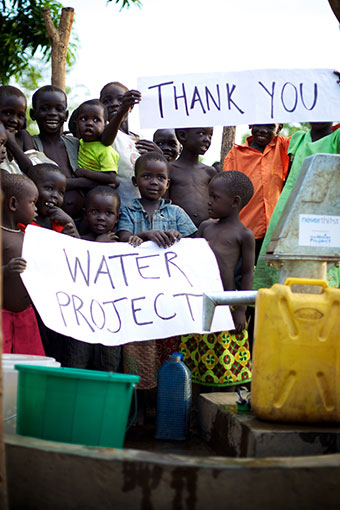5 Daily Supports:
1. Emotional support from loved ones.
2. Monetary support from my job.
3. Nutritional support form my food.
4. Luxury support from electricity.
5. Stability support form my home.
The emotional support I receive from my loved ones on a daily basis gives me the drive to succeed in life. This support helps me to see there is a bigger picture than the day to day tasks I am doing. Their love gives me a higher calling and an authority and standards to live up to. The monetary support I have from my job helps me to be comfortable and not have to worry about my bills on a daily basis. This also allows me to have things that I need and want whether they are necessities or recreational. This type of support also helps me emotionally. The nutritional support I receive helps me to be healthy and not go hungry. The luxury support I receive helps me to decompress every day and stay in contact with people within my support system. The stability in my home helps me to sleep and recharge on a daily basis. If I did not have any of these supports I do not believe I would be able to be successful in my emotional, physical or professional life. They all play a crucial role for me on a daily basis.
A challenge I do not currently have that would impact my support systems would be to become homeless. If I were to lose this aspect of my life, I would need my emotional support form loved ones more than ever. I would need to rely on them to help me with food shelter and feedback on how to regain my sense of security. I would also need their help for me to come up with a plan on how to live independently again and to regain so many of my other daily supports.













